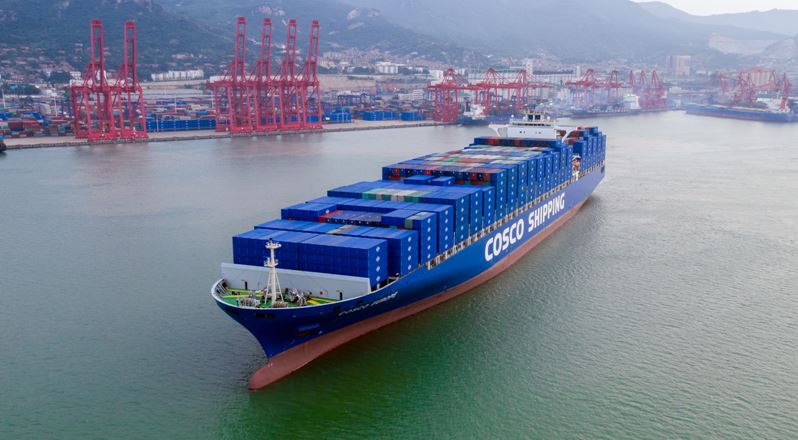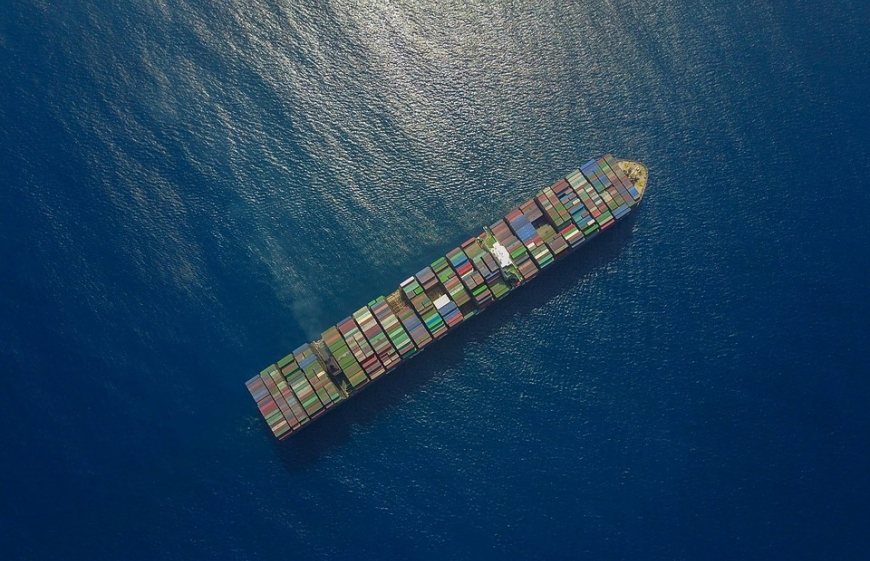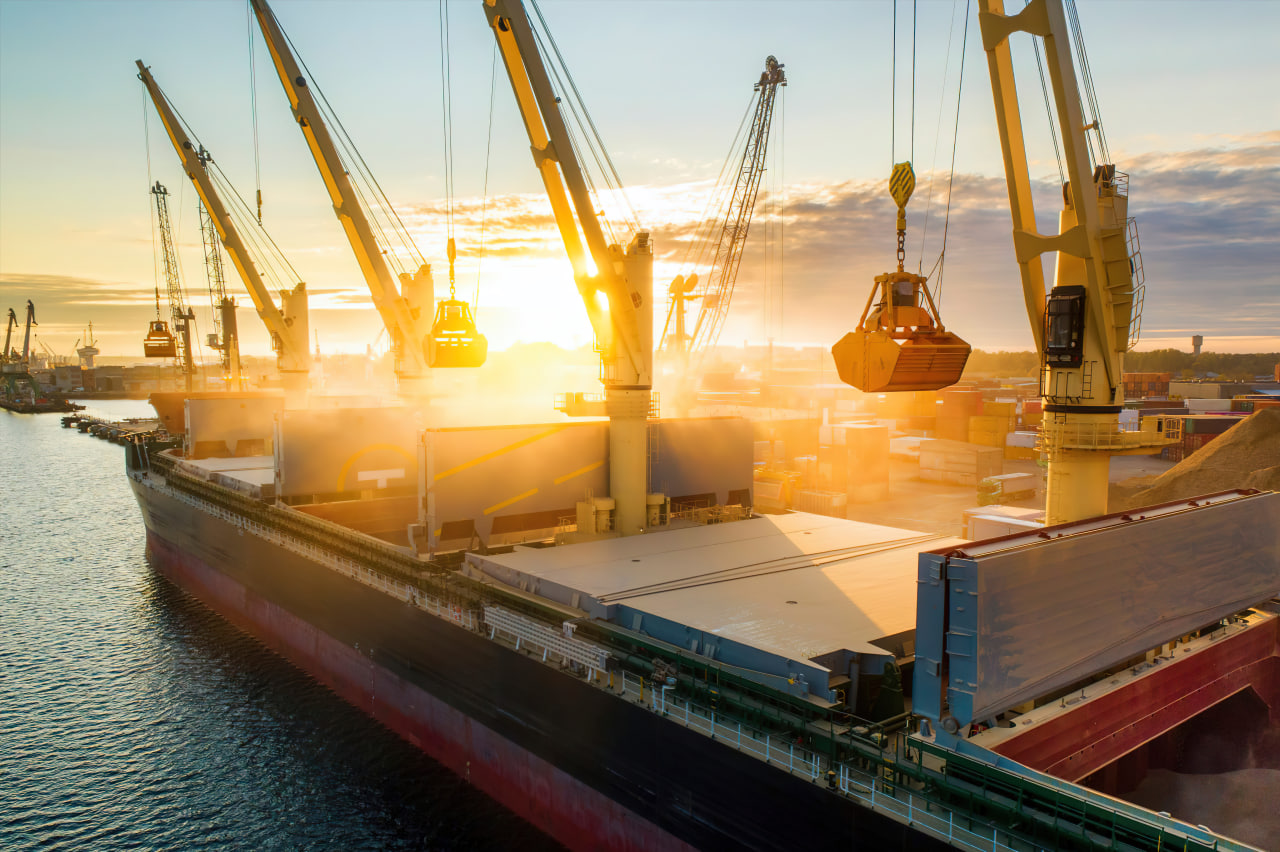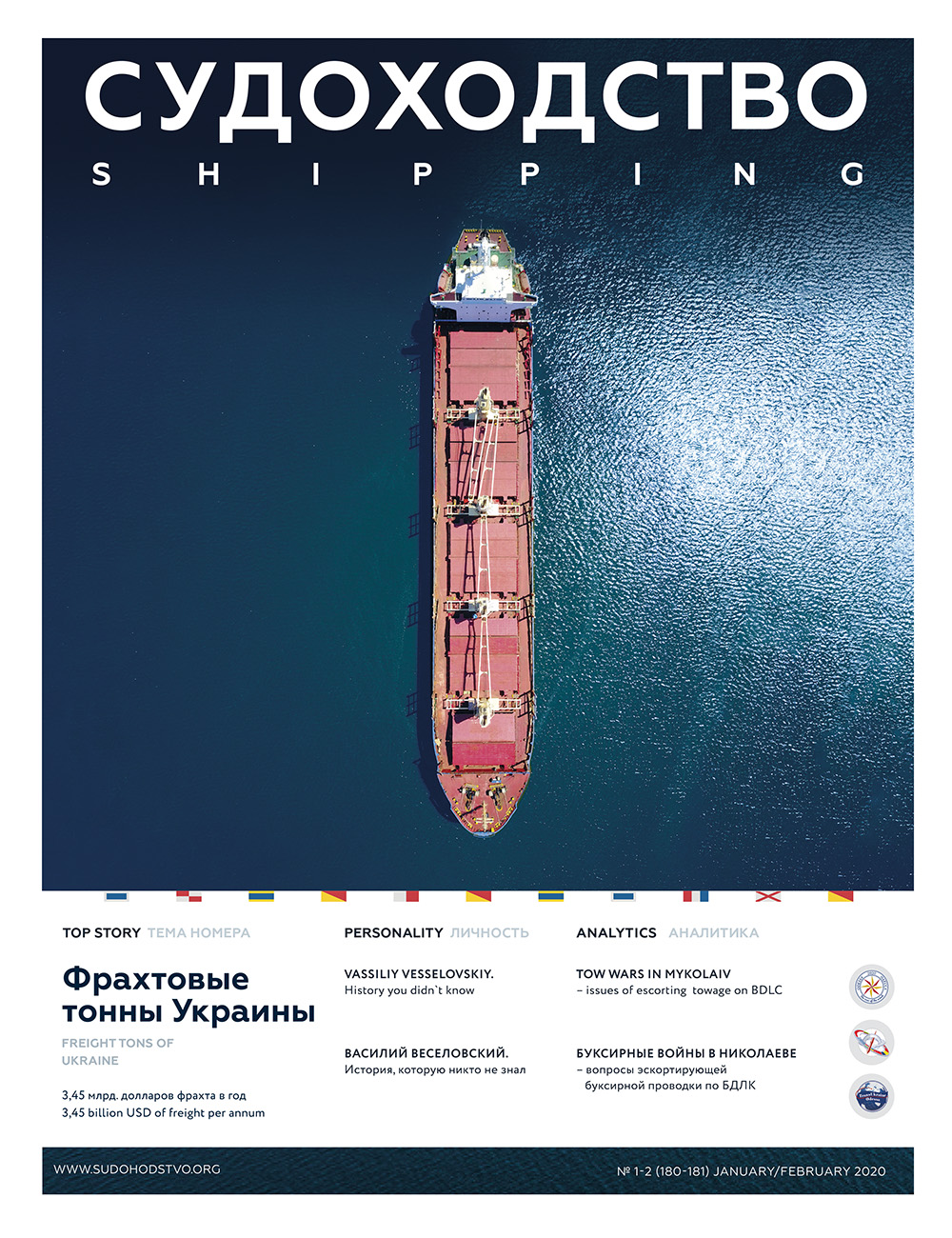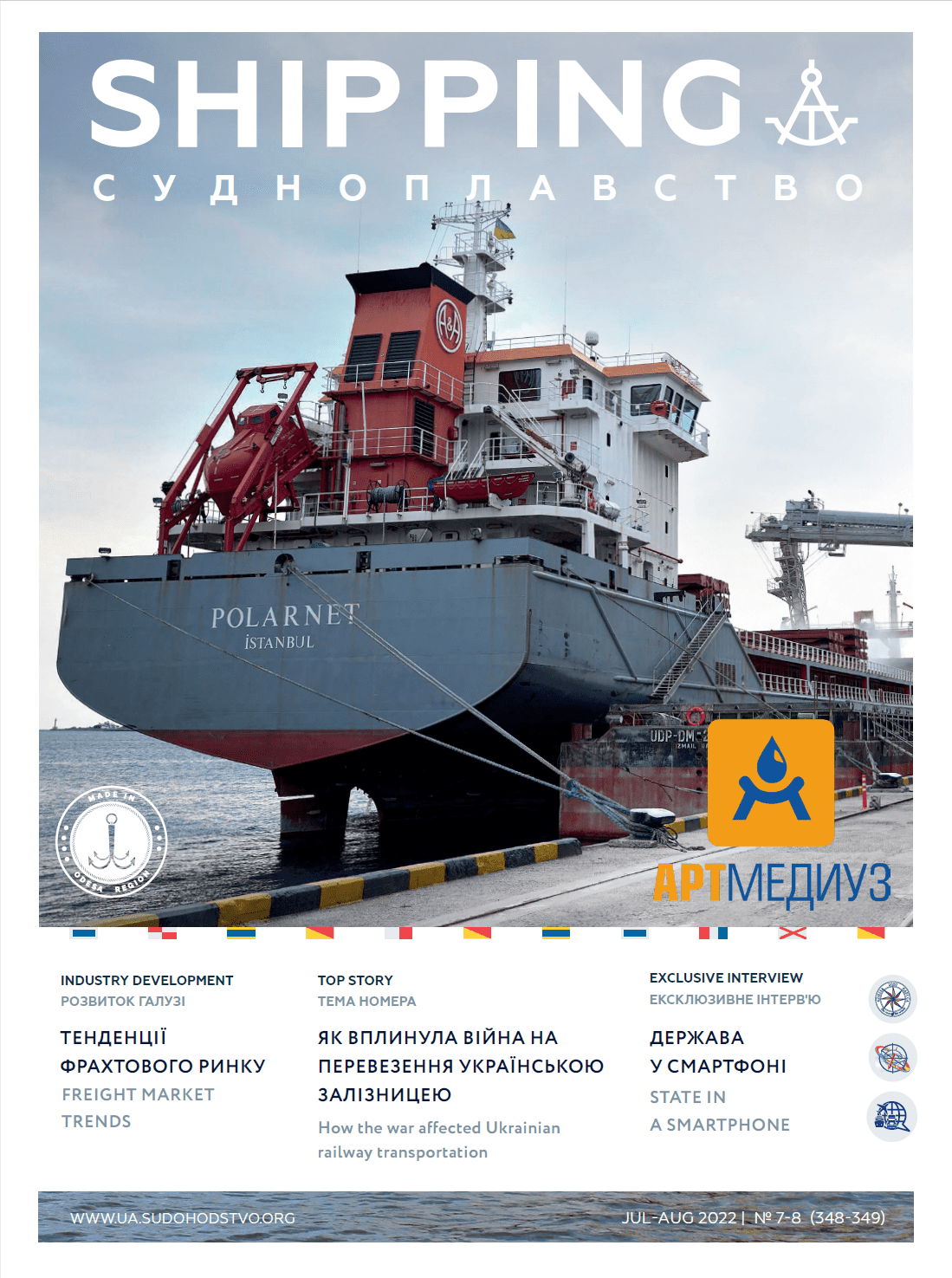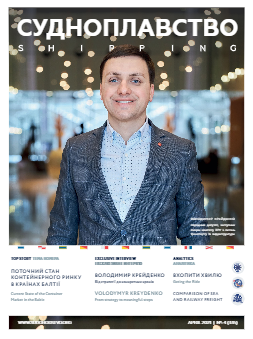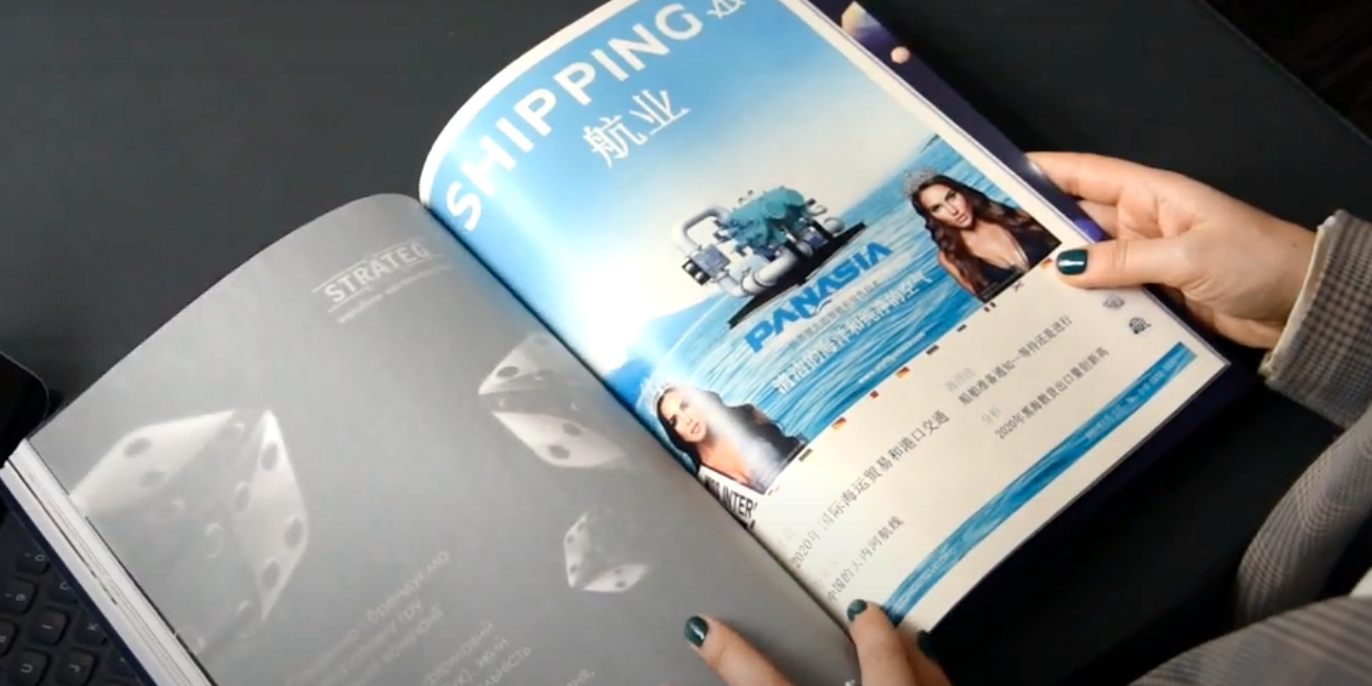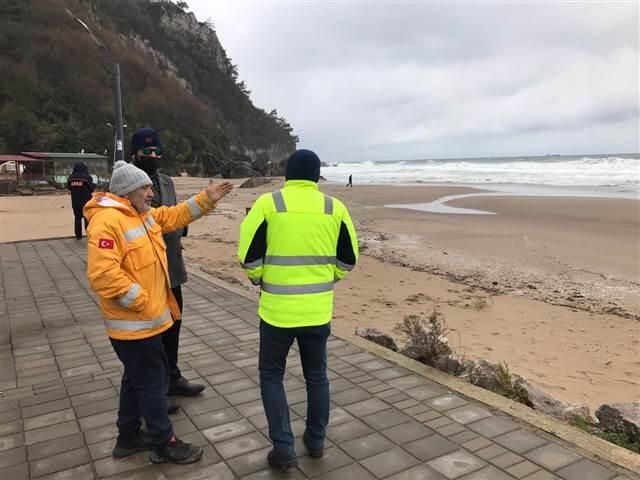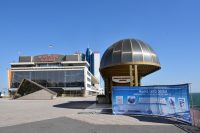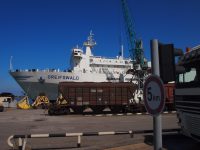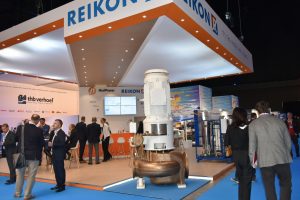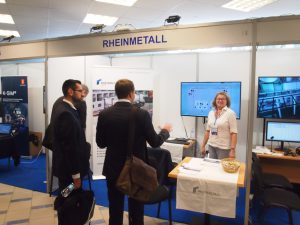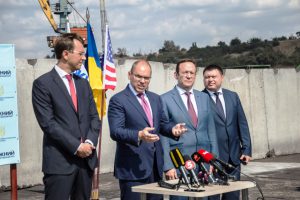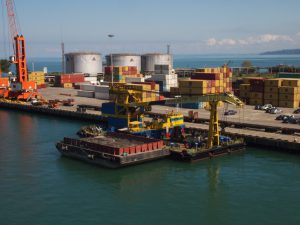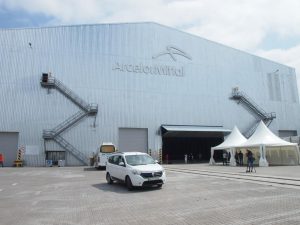Good training of marine transport specialists is one of the merits of Ukraine. In many respects, this is the merit of specialized universities, among which the Odessa National Maritime University occupies a leading position. Annually hundreds of candidates from Ukraine, other countries and even continents enterthe ONMU. Overthe years of training at the university, they have become first-class shipbuilders, port engineers, marine management specialists, and maritime lawyers.
In an exclusive interview to the SHIPPING magazine, the rector of the ONMU, Sergey Rudenko, told about the specifics of the admissions process in 2017, the changes and innovations in the structure of the university and also shared his own vision of how to revive the domestic shipbuilding.
— Sergey, what specialties were in demand in the admissions process of 2017?
— For the Bachelor’s level in 2017, several specialties turned out to be most in demand. In particular, 568 applications were submitted for River and Sea Transport (Operation of Ship Power Plants and Navigation), while the state order consisted of 37 seats. In the second place was the specialization Management (the number of budget places — 13 seats), for which 545 applications were submitted.
506 entrants applied for the specialty Law (state order — 13 seats). 442 applications were accepted for the specialty Transport technologies (sea and river transport) (state order — 75 seats).
The total state order in 2017 was 345 places. It is worth noting that according to the 2017 entering statistics, our university ranks fourth among the 20 universities in the Odessa region.
— Have there been any changes in the educational and scientific programs?
— In 2017, several new specialties were opened (without budget places), which turned out to be no less in demand than traditional specializations. Thus, 238 applications were submitted to Tourism, while the licensed volume was 55 seats.
224 entrants applied for the specialty Psychology (licensed volume — 80).
Also there was a specialty Philology (German languages and literature (translation)) with a licensed volume of 65 seats, for which 157 applications were submitted.
In addition, on the basis of four faculties of the University, educational and scientific institutes have been established: the marine business, the navy and the maritime humanitarian institute.
— The Institute has been widely known abroad for more than a dozen years. What is the reason?
— First of all, 87-year history. ONMU is the only university in Ukraine and in the former USSR, which fulfills its purpose as a single center for training and retraining of shore specialists in the marine economic complex.
Secondly, we have the scientists who laid a solid foundation for the quality of education and science in the creation of our university, which became the basis for the development of pedagogical and scientific activities of the current faculty of the university. Here it is necessary to note the scientific schools that were formed on the basis of the university more than half a century ago and today unite scientists, which makes it possible to train highly qualified personnel. Among them: school of hydrodynamics of ships and engineering structures; school for modeling the working process and diagnosing ship engines, etc.
Thirdly, this is the uniqueness of education. A striking example of this is our cooperation with the PRC on training personnel for the marine industry, including shipbuilders, which began in the 1950s. Today former graduates come to us to study their grandchildren.
Fourthly, this is a special attitude of our graduates to the university living now in different countries. Former students of the University in the United States, the Baltic States, Russia meet here each year. Once a year, graduates from all over Ukraine and other countries come to Odessa to visit their native university walls again.
— What percentage of the total number of students of ONMU are foreigners, what are the advantages of studying for them at the university?
— The percentage of foreign students studying at ONMU does not differ from the indicators for all higher education institutions of Ukraine. Indicative growth dynamics is shown by applicants from other countries: China, Turkey, Azerbaijan, Georgia. So, in 2017 about 100 foreigners became our students, while in 2016 there were 65.
The main advantage is that the university provides a high-quality marine education.
— What specialties are traditionally in demand among foreign students?
— Mostly they choose specialties: River and sea transport, Transport technologies and Shipbuilding. In 2017 among foreign applicants also applied for Psychology and Tourism.
— Are the graduates of the ONMU and the shipbuilders in particular in demand in the labor market?
— A wide range of specialties in the coastal infrastructure of the sea complex allows us to conclude that our graduates are in demand not only in Ukraine, but also in other countries.
Graduates of the Faculty of Shipbuilding, Information Technology and Systems Engineering are employed in design, supervisory organizations, qualification registers, survey companies, etc. For today our shipbuilders successfully work in the Baltic countries, Holland, Norway. Only in the last few years 15 graduates-shipbuilders have been employed at shipbuilding and design enterprises of these countries.
In addition, under the contract with the Riga Shipyard, the students of the faculty undergo industrial training there, with conditions that require further employment.
— Over the past 25 years, the shipbuilding industry in Ukraine has come to a complete decline. What is the reason?
— Ukraine had about a third of the branch capacity of the former USSR. First of all, we are talking about such enterprises as the Black Sea Shipbuilding Plant, the 61 Kommunar Plant, the Okean factories, and the Leninskaya Kuznitsa Plant. They provided a stable development of the Ukrainian economy and were a kind of brand in the domestic and foreign markets. In domestic shipyards, civil ships and warships were built. The reputation of Ukrainian shipbuilders was very good, so many ships were built for foreign orders.
With the collapse of the USSR, the number of internal and external orders dropped sharply, production volumes decreased, and its specificity changed. So, if before the prefabricated ships mainly came off, then, beginning in the 90s, the enterprises began to focus on the production of semi-finished products: the release of individual parts, units for domestic and foreign customers.
This was a forced measure designed to help businesses survive in difficult economic conditions, but as a result, such an approach deprived Ukrainian shipyards of further growth prospects.
— But there were attempts to modernize the domestic shipping…
— That’s right. By 2000, new economic approaches were developed aimed at resuscitation of the shipbuilding industry. In particular, it received substantial tax breaks, as well as cheap loans and other preferences. The profile ministry contributed to the fact that the Black Sea shipbuilders received orders from Greece. The steps were important, but, unfortunately, they did not work for the long term.
— Why?
— Shipbuilding is one of the industries that do not give quick returns. Its effectiveness is manifested in 5, 10 and even more years. Ukraine did not have the time or resources for this. Already by 2005, the state support program for the industry was curtailed. Shipbuilding found itself in the difficult conditions of the struggle for survival; modernization and development were not discussed.
In 2016 Ukrainian plants launched 17 vessels of different classes. Mainly — low-tonnage vessels.
— What are the chances for a revival of shipbuilding in Ukraine?
— To date, there are 10 shipyards in Ukraine. In 2016, they launched 17 vessels of various classes. Mostly these are small vessels. Can such indicators be considered promising? In a certain sense, of course. But if you consider that the level of depreciation of the Ukrainian fleet today reaches 80%, then its renewal may drag on for many years.
— What is the role of the state in the revival of the industry?
— Today, the national economy is growing. Accordingly, the role of the transport sector significantly increases, including the demand for transportation by inland waterways. The shortage of modern water crafts in the near future could have a negative impact on Ukraine’s economic development and on strengthening its positions in international markets. In the powerful shipbuilding industry, first of all, the state should be interested to develop a comprehensive and long-term program for the development of national shipbuilding.
— What should this program include?
— First, it should include tax preferences for domestic producers. This is especially important in the current conditions, when the current tax policy is still quite burdensome for commodity producers and especially for those who are in crisis. An equally important step is concessional lending to industry enterprises. State banks should play a significant role here. It is also important to create prerequisites for commercial banks to join the resuscitation of the industry.
Ukraine should also take care of attracting external loans through international donors, including the World Bank for Reconstruction and Development, and others.
— What are the prospects for implementing the program?
— It will help to significantly increase the competitiveness of Ukrainian shipbuilding, attract new orders, increase interest from investors. The additional inflow of private capital will subsequently reduce the financial burden that the state incurs in connection with the implementation of this program. It should be understood that the formation and implementation of the state program will require a lot of time, effort and resources.
At the same time, it is important to remember that other states that started in more difficult conditions, such as post-war Japan and South Korea, as well as China, went the same way. Today they confidently retain their leadership positions in the world shipbuilding market, providing about 90% of its shipments.
Such results were achieved, first of all, thanks to state support. So, in particular, in South Korea, duties on imports of industrial equipment were reduced or canceled, concessional lending was introduced, etc. In the Celestial Empire, they went even further, altogether abolishing land tax for industry enterprises.
— Should the state take into account the interests of business?
— There is an erroneous opinion that business should take care of its own interests. However, state support is precisely to lobby the interests of its producers, including shipbuilders, in foreign markets. This can be information support, involvement of industry representatives in the work of government delegations, staffing. Today in the shipbuilding industry it is important to attract professionals who are able to promote the idea of its modernization through the introduction of new technology.
-Sergey, what is your opinion: will the shipbuilding revive in Ukraine or not?
— I am convinced that the updated river and sea fleet will still appear in Ukraine. And if Ukrainian shipwrights do not contribute to this, then foreign competitors will take care of this. It’s up to us…

